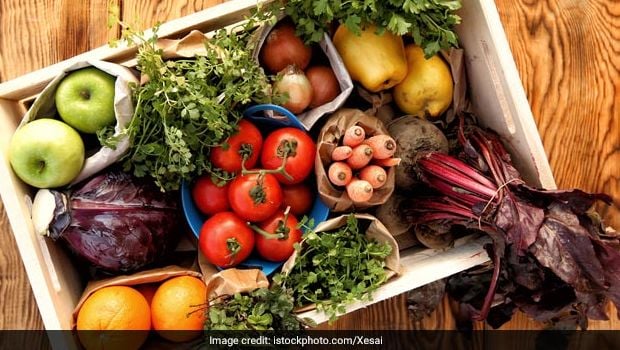Feeling gassy in your stomach is common and each one of us has been in this uncomfortable situation from time to time. Well, you don't need to feel embarrass to admit it because it a natural and normal phenomena and in a way healthy too. Gas is produced while the healthy bacteria try to break down and digest the food we eat. These are the most common foods that are known to produce intestinal gas. If you have a sensitive stomach, beware of the following as suggested by Nutritionist Dr. Parveen Verma from Kailash Hospital in Noida.1. Beans and lentils: These are the biggest culprits. If you've ever felt bloated after a meal of rajma-chawa, it is probably because of the gaseous build-up in your tummy. Beans contain a lot of raffinose, a complex sugar which the body finds hard to digest. Soaking the beans overnight and the cooking them and eating them the next day may help reduce gas.(Also read: How to De-Gas Rajma and Other Pulses) Beans and lentils contain raffinose that can be hard to digest. Photo Credit: Istock
Beans and lentils contain raffinose that can be hard to digest. Photo Credit: Istock
2. Milk: Many people may find it hard to digest lactose, the natural sugar found in milk, and that may make them feel bloated. This could also be a symptom of lactose intolerance or simply indicate a weak gut. Some people may find it hard to digest lactose in milk. Photo Credit: Istock3. Whole grains: Whole grains such as oats and brown rice have been linked to causing gas. They contain a lot of fiber, starch and raffinose which are broken down in the large intestine and thus produce gases like methane, carbon-di-oxide or hydrogen which ultimately exit through the rectum.
Some people may find it hard to digest lactose in milk. Photo Credit: Istock3. Whole grains: Whole grains such as oats and brown rice have been linked to causing gas. They contain a lot of fiber, starch and raffinose which are broken down in the large intestine and thus produce gases like methane, carbon-di-oxide or hydrogen which ultimately exit through the rectum. Whole grains like oats and brown rice have been linked to causing gas. Photo Credit: Istock4. Certain vegetables: Some vegetables some broccoli, cauliflower or cabbage that are high in fiber and carbohydrates may produce more gas than the other because of the way the body digests them. Vegetables that contain insoluble may pass through easily but some like green peas that contain soluble fiber are digested in the large intestine which can cause gas.
Whole grains like oats and brown rice have been linked to causing gas. Photo Credit: Istock4. Certain vegetables: Some vegetables some broccoli, cauliflower or cabbage that are high in fiber and carbohydrates may produce more gas than the other because of the way the body digests them. Vegetables that contain insoluble may pass through easily but some like green peas that contain soluble fiber are digested in the large intestine which can cause gas. Vegetables that are high in fiber and carbohydrates may cause gas. Photo Credit: Istock5. Some fruits: Certain fruits may contain another form of sugar called sorbitol that may produce gas. Also, they may have soluble fiber which produces gas as by-product when digested in the large intestine. These include apples, peaches, and pears.
Vegetables that are high in fiber and carbohydrates may cause gas. Photo Credit: Istock5. Some fruits: Certain fruits may contain another form of sugar called sorbitol that may produce gas. Also, they may have soluble fiber which produces gas as by-product when digested in the large intestine. These include apples, peaches, and pears. Some fruits contain a type of sugar that is hard to digest. Photo Credit: Istock6. Onions: This commonly used ingredient that is often served raw as side with our meals or used as base for curries is known to contribute to gas because of the presence of fructose when the bacteria break it down in the intestines.
Some fruits contain a type of sugar that is hard to digest. Photo Credit: Istock6. Onions: This commonly used ingredient that is often served raw as side with our meals or used as base for curries is known to contribute to gas because of the presence of fructose when the bacteria break it down in the intestines.
 Onion may cause gas due to the presence of fructose. Photo Credit: Istock7. Starchy foods: Starchy foods such as bread, corn and potatoes can lead to intestinal gas causing discomfort. However, unlike all the other starches, rice is not known to produce gas during digestion.(Also read: How to Reduce Bloating)
Onion may cause gas due to the presence of fructose. Photo Credit: Istock7. Starchy foods: Starchy foods such as bread, corn and potatoes can lead to intestinal gas causing discomfort. However, unlike all the other starches, rice is not known to produce gas during digestion.(Also read: How to Reduce Bloating) Starchy foods may create gas as a by-product during digestion. Photo Credit: IstockThis does not mean that you have to eliminate these foods from your diet rather focus on food pairing and drink plenty of fluids before your meals. Also, you must eat and drink slowly because if you eat fast you end up swallowing a lot of air that can aggravate the situation and make you feel more gassy. If you are vulnerable to gas and indigestion, then look out for the foods that cause them and then gradually increase their intake to allow your digestive system to adjust to it.
Starchy foods may create gas as a by-product during digestion. Photo Credit: IstockThis does not mean that you have to eliminate these foods from your diet rather focus on food pairing and drink plenty of fluids before your meals. Also, you must eat and drink slowly because if you eat fast you end up swallowing a lot of air that can aggravate the situation and make you feel more gassy. If you are vulnerable to gas and indigestion, then look out for the foods that cause them and then gradually increase their intake to allow your digestive system to adjust to it.
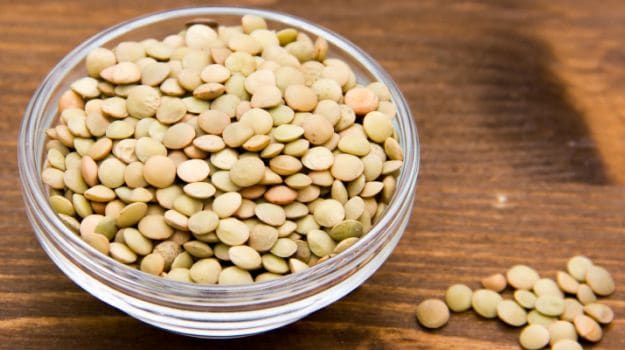
2. Milk: Many people may find it hard to digest lactose, the natural sugar found in milk, and that may make them feel bloated. This could also be a symptom of lactose intolerance or simply indicate a weak gut.

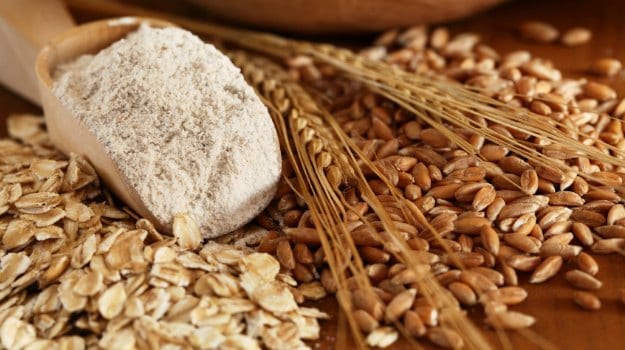
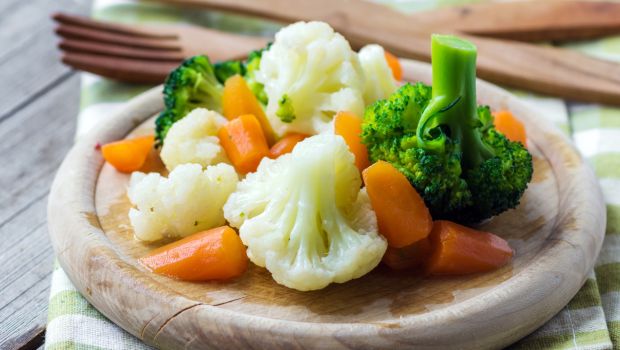
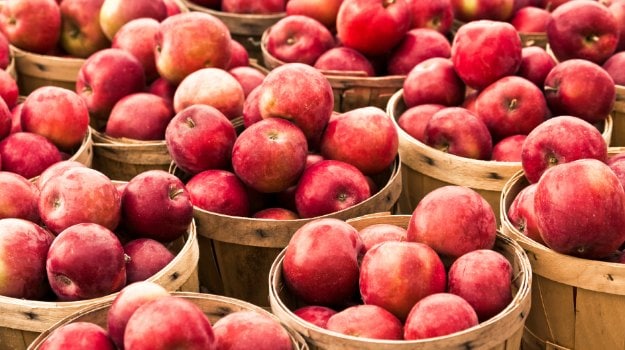
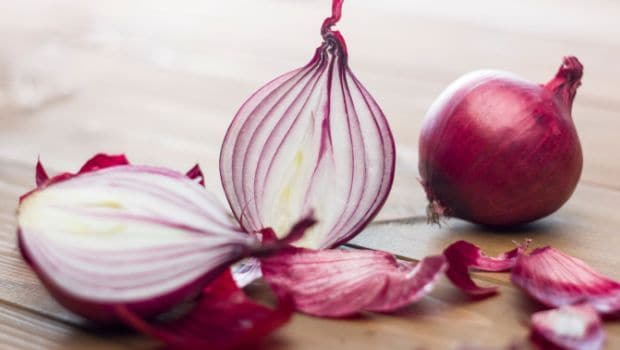
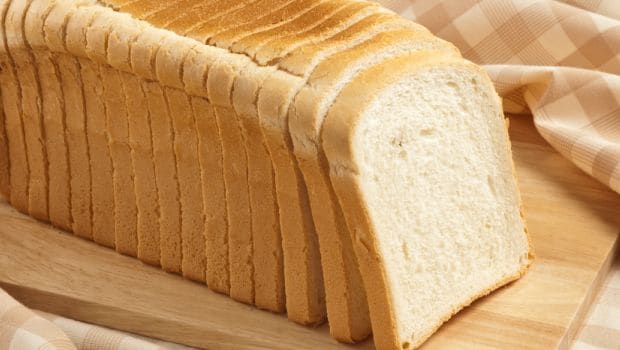
Advertisement







